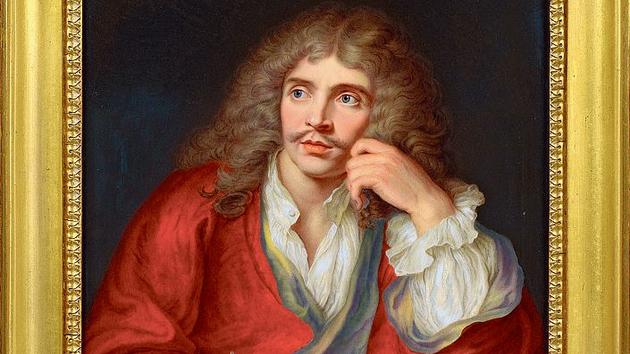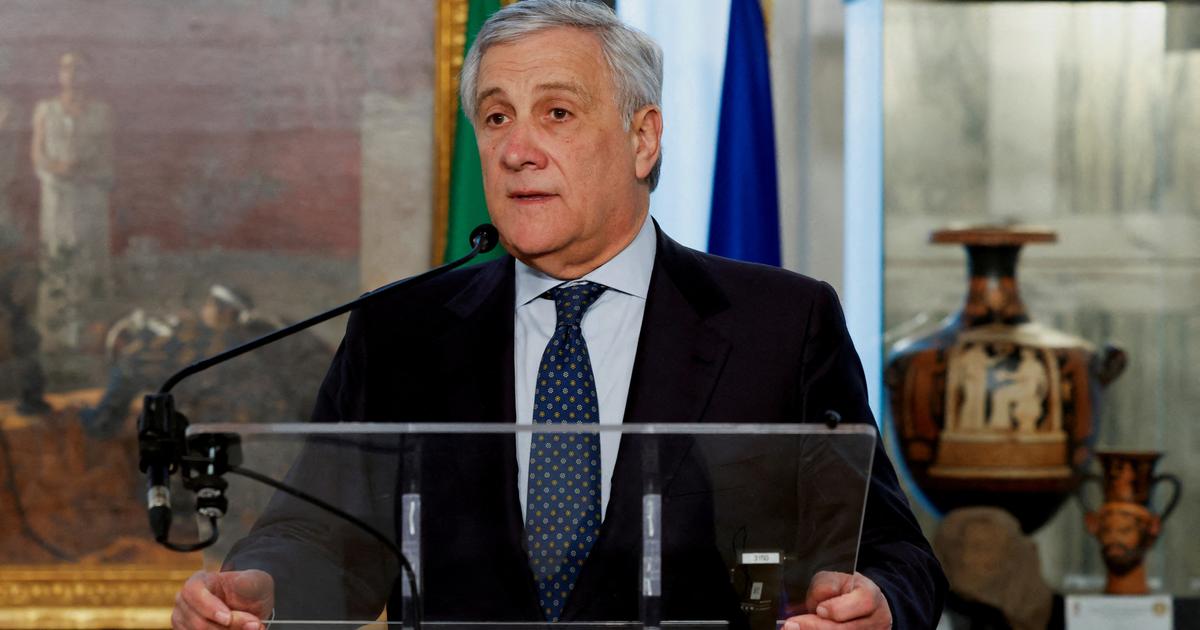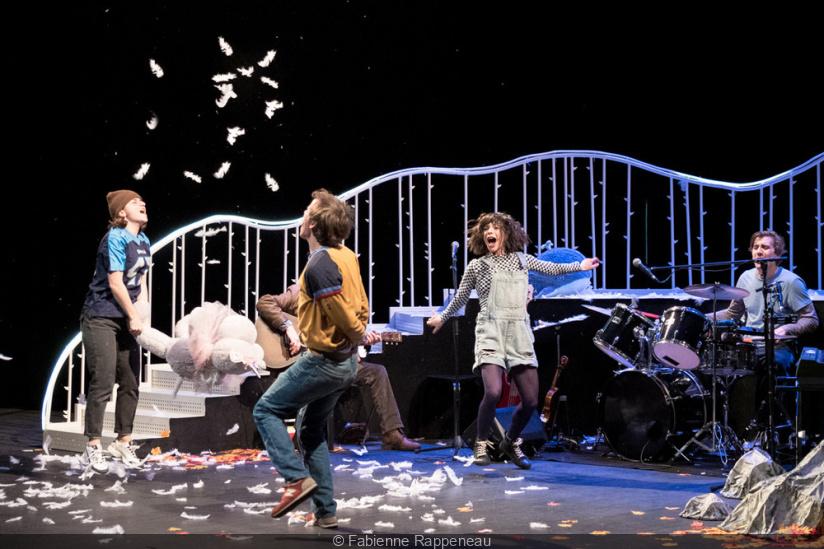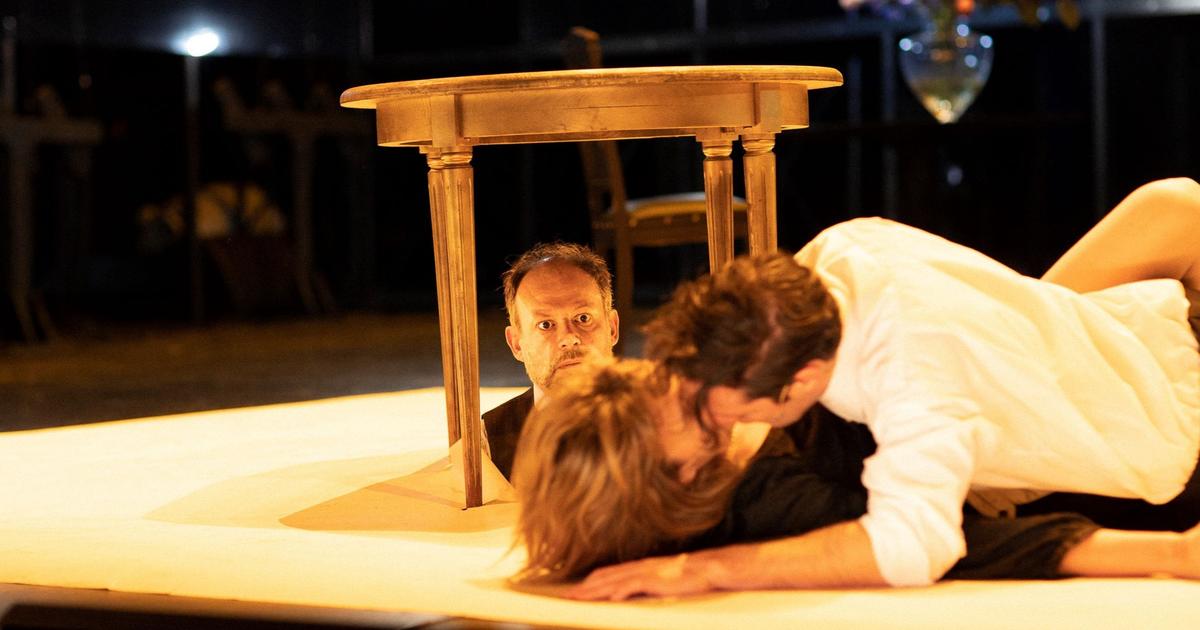On January 15, we will celebrate the 400th anniversary of the birth of Molière, a great French man of letters.
That our language is nicknamed
"language of Molière"
is a recognition of the talent of a classical author among the classics, and agile in handling all registers.
“It has been since the 19th century that we say
the language of Molière
.
We invented an uninterrupted tradition of the French spirit, from the Gauls, through Rabelais, to him.
And in the 18th century this idea took hold, around La Fontaine, Boileau, Racine and Molière, from a generation of classics
, ”explains Georges Forestier, professor of literature.
»READ ALSO - Molière or the art of being bullied
Molière: ferryman of a language that deviates from the norms
What did this comedy genius bring to French as we know it?
"That it reaches a very large audience, even today, makes Molière a broker of a language which is an integral part of our heritage
," said Céline Paringaux, associate professor.
“But if he is an incarnation of the classical language, in reality the language of his pieces is extremely rich and willingly deviates from the norms being established in his time.
We see it in
Les Femmes savantes
: the character who carries common sense is Martine, the one who scours the French of the great grammarian Vaugelas, the one who makes mistakes everywhere
, ”she adds.
Reconcile the different language levels
Molière has had no equal in addressing all audiences, popular in tours all over France, from Carcassonne to Grenoble and Rouen, or royal at the court of Versailles.
His French is understood and makes people laugh in all walks of life.
"He reconciles the language of the jugglers with that of the aristocrats and bourgeois"
, underlines Martial Poirson, who publishes on January 21
"Molière, the factory of a national glory"
(Seuil).
A glory which, moreover, will radiate beyond the borders:
“Molière served very early, and during his lifetime, as an embassy tool.
French will be diffused in all the courts of Europe, until that of Russia.
On the continent, this language of Molière will position itself as that of the dominant classes, vector of a social distinction ”
, affirms this professor of letters.
The comic effect, with him, also comes from the parody of certain ways of expressing oneself which unnecessarily complicate or disfigure the language: pedantry and affetie, gibberish, archaisms, badly mastered foreign loans ... then appears there in majesty.
"Corneille may seem very old-fashioned"
“Despite the three and a half centuries that separate us from him, he seems contemporary to us. He's a genius handyman who never considered becoming a classic. He had the talent to pin down the snobs, the ambitious, the hypocrites ... And we still know them! "
, according to Georges Forestier, biographer of the most famous French theater artist.
“His great invention is his ability to make the characters speak according to their condition. The people of the world, the pedants within the people of the world, the peasant, the doctor. With different words, tones, accents ”
.
For Martial Poirson,
“Molière was unaware of his genius: he was in the process of inventing it. The stainless character of his tongue sets him apart. Racine is complex. Corneille can look very old-fashioned. Molière remains alive ”
. French could also have been
"the language of Voltaire"
, even closer to ours. But, adds this playwright,
“while Voltaire was a very great playwright, he does not have this posterity. We remember his tales. In his successful plays, there is something degrading in his biting irony, and we don't take it well ”
.
With Molière, according to Céline Paringaux,
“we find both the familiar and the sustained, prose and verse, even Occitan and Picard in
Monsieur de Pourceaugnac
.
The range is so wide that readers and spectators of all ages have found their happiness there ”.









